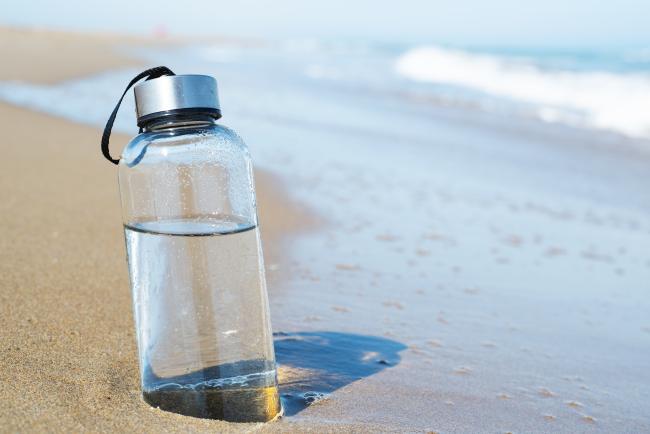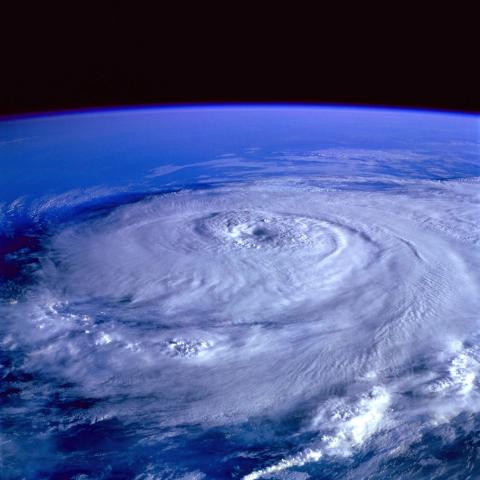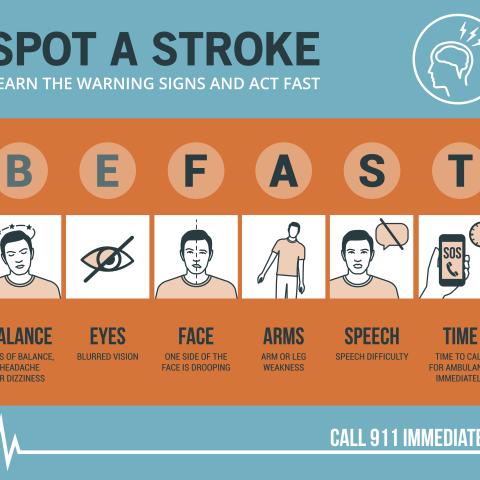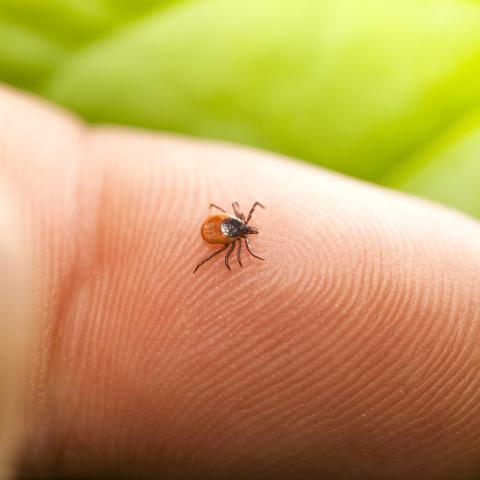Posted In Health Tips on July 10, 2023

Dehydration can happen to anyone, but it is especially dangerous for young children, older adults, pregnant women, those who work or exercise outside, or those with chronic illnesses. Learn how to tell if you or those you care for are becoming dehydrated before it becomes a serious health issue.
Your body needs water to digest foods, absorb nutrients, control body temperature, and get rid of waste. Dehydration occurs when your body loses more fluids than you take in for it to work properly. It can lead to dangerous complications, such as heat illnesses, seizures, kidney issues (urinary tract infections, kidney stones, kidney failure), and low blood volume shock which can be life-threatening.
Risk factors for dehydration
- Infants and children can lose a higher proportion of their body’s fluids from a high fever, burns, severe diarrhea or vomiting. Young children often can’t tell you when they’re thirsty or can’t get a drink for themselves.
- The body’s fluid reserves become smaller with age, and the sense of thirst becomes less acute. Dementia and mobility problems may limit an older person’s ability to obtain water when needed.
- Hot, humid weather increases the amount you sweat and the amount of fluid you lose. Those performing strenuous outdoor activities during the hottest part of the day lasting more than 1-2 hours (such as athletes) should include sodium-containing sports drinks as needed to replace water and salt lost in sweat.
- Certain illnesses (such as diabetes and kidney disease) and some medicines (such as diuretics and high blood pressure medications) can increase the loss of body fluids through urination.
- People who are sick with a fever, cold or sore throat may be less likely to feel like eating or drinking and reduce their intake of needed fluids.
- Traveling, hiking, biking, or camping in remote areas can also limit your access to safe drinking water if you don’t bring enough with you.
Symptoms of dehydration
Symptoms of dehydration for infants or children:
- Dry mouth and tongue
- No tears when crying
- No wet diapers for three hours
- Sunken eyes, cheeks
- Sunken soft spot on top of the skull
Symptoms of dehydration for adults:
- Increased thirst; dry mouth
- Decreased urination; dark-colored urine
- Fatigue
- Headache
- Dizziness; fainting
- Muscle cramps; weakness
- Confusion
Avoiding severe dehydration
For most healthy people, a good rule is to let thirst be your guide to hydration. Especially in hot weather, persons who are younger, older, or have health issues should drink more fluids and eat more foods high in water content such as fruits and vegetables. Usually mild to moderate dehydration can be reversed by drinking more fluids, but severe dehydration needs immediate medical treatment.
According to the Mayo Clinic, seek medical attention for anyone with any of these symptoms:
- Has had diarrhea for 24 hours or more
- Is irritable or disoriented and much sleepier or less active than usual
- Can't keep down fluids
- Has bloody or black stool





